 ScienceDaily (Nov. 12, 2007) —
ScienceDaily (Nov. 12, 2007) — Disasters are getting worse it seems but the federal government's preparedness has been limited to helping after a disaster has occurred. On the other hand, local organizations often do not have the resources or the training to effectively react.
Federal and state support must now be given to programs that enable local governments to work effectively with communities to prepare for and respond to all disasters. That is the conclusion of a new analysis in the International Journal of Emergency Management.
Colin Falato, Susan Smith, and Tyler Kress of the Health and Safety Programs at the University of Tennessee, have looked at the preparedness of local and federal governments in their response to natural and human-induced disasters and found them seriously lacking. They suggest that it should be the responsibility of local government officials as well as citizens to work together to adapt the disaster-response programs to suit communities' needs.
Historically, the belief that local knowledge and experience is best suited to dealing with common natural disasters, such as hurricanes, tornados and floods, has meant that responsibility for disaster preparedness and response has been devolved to local organizations and communities themselves. Federal government intervention has been limited to assistance after the disaster. The same is true for other natural, civil, technological, and ecological disasters, the researchers explain.
In the last 25 years, the researchers point out, the continental USA has issued almost 1000 disaster declarations (902) and been subjected to 442 natural disasters. Among these natural disasters are hurricanes, fires, windstorms, earthquakes, tornados and floods. But, disasters are not limited to natural events.
September 11, 2001 refocused the country's attention on disaster preparedness and the realization that there was a lack of preparedness for such disasters. One effect of the 9/11 Commission was to mould two new organizations charged with the responsibility of protecting the USA from a new era of technological disasters. The US Northern Command (NORTHCOM) is the military arm responsible for homeland defense and the US Department of Homeland Security, which leads a unified national effort to secure the USA from potential terrorist attacks.
Four directorates were brought together from Homeland Security, including the Emergency Preparedness and Response Directorate, which includes FEMA, and is tasked with domestic disaster preparedness training to help families make their homes safer from disasters of all kinds. This is similar in aims to the CitizenCorps developed by NORTHCOM. These initiatives are already having an impact on response capacity and equipment availability for certain communities in the USA. However, the rapid response required of a national disaster situation involves training local elected officials in every community to take control in a disaster situation.
The recent focus of US disaster funding has focused on terrorist events, but the benefits from this technological disaster preparedness orientation should crossover to natural disaster preparedness, the researchers suggest. In the US fledgling agencies are only now beginning to find their niche in the comprehensive overview of emergency management and the benefits they will be able to provide to communities have not been fully realized.
"It is the responsibility of the local governments to encourage the participation in disaster exercises and planning, and they must demonstrate a commitment to community disaster preparedness," the researchers say, "When these roles are met head on, then local communities within the USA will truly be better prepared when a local or national disaster, natural or technological occurs."
MARITIME NOTESUPDATE ON THE BUSAN SPILL
USCG – finding answers to the COSCO BUSAN oil spill
The US Coast Guard released a statement from Admiral Thad Allen, Commandant, regarding the agency’s efforts to determine exactly what happened with regard to the allision of the container ship COSCO BUSAN with a pier of the San Francisco-Oakland Bay Bridge and the response to the subsequent oil spill. (11/16/07).
Hearing on San Francisco Bay oil spill
On November 19, the Subcommittee on Coast Guard and Maritime Transportation of the House Committee on Transportation and Infrastructure conducted a field hearing on the San Francisco November 2007 Oil Spill Causes and Response. As noted in the Summary of Subject Matter, the November 7 incident resulted in a spill of approximately 58,000 gallons of bunker fuel. Mayor Gavin Newsome of the City of San Francisco testified concerning his perception of the lack of coordination during the initial spill response. Rear Admiral Craig Bone, USCG, testified concerning the difficulty in quickly determining the volume of oil spilled and in the ongoing efforts of the Unified Command to keep other stakeholders advised on the situation. Dr. William Conner, National Ocean Service, explained the support his agency provided to the Unified Command. Mr. Mike Chrisman, California Resources Agency, stated that the response was immediate and consistent with approved guidelines. Mr. David Lewis, Save the Bay Association, testified concerning the need to assess the environmental damage and begin the remediation and restoration efforts. Mr. W. F. Grader, Pacific Coast Federation of Fishermen’s Associations, explained the difficulty his members faced when they volunteered to assist in the response effort. Captain Thomas Hand, San Francisco Bar Pilot, explained the training program and oversight mechanism of the Bar Pilots. (11/19/07).
RS










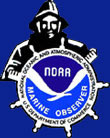





















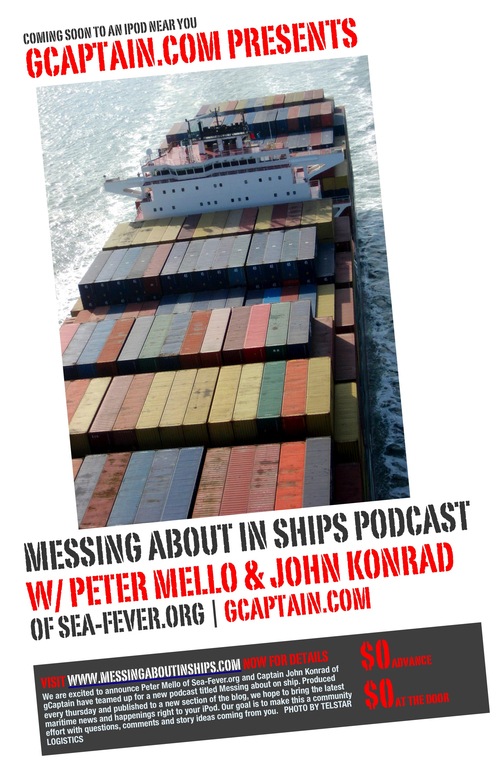




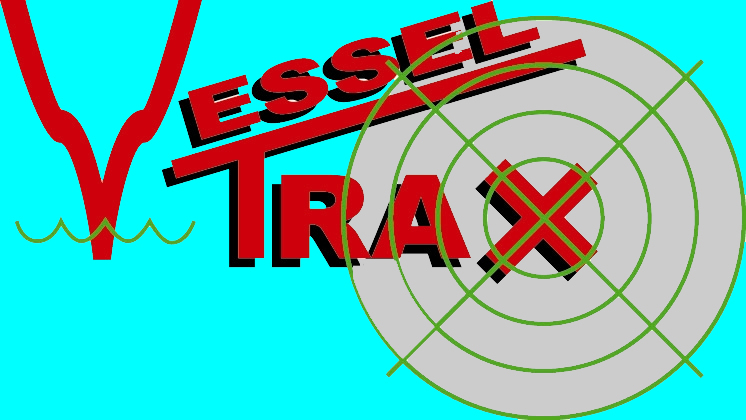



















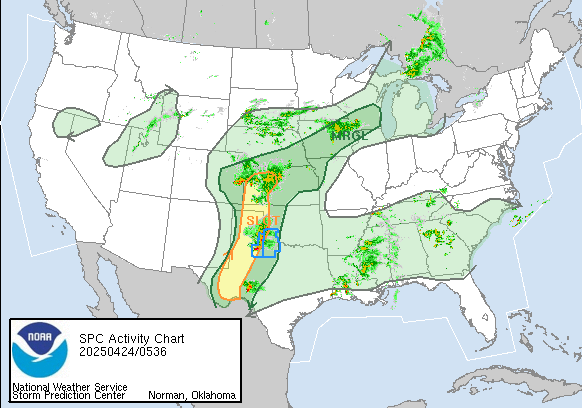
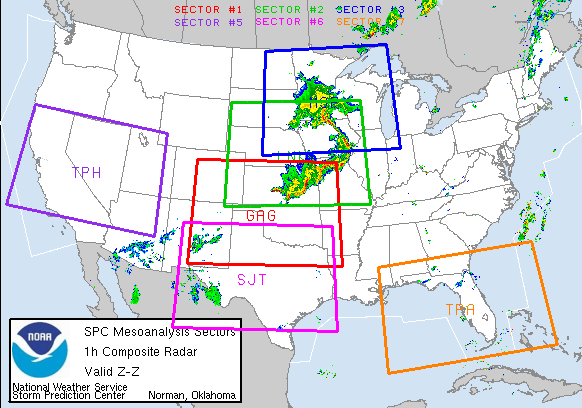














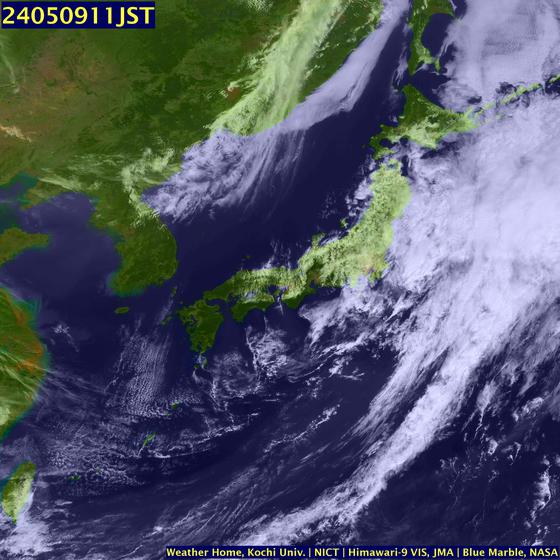

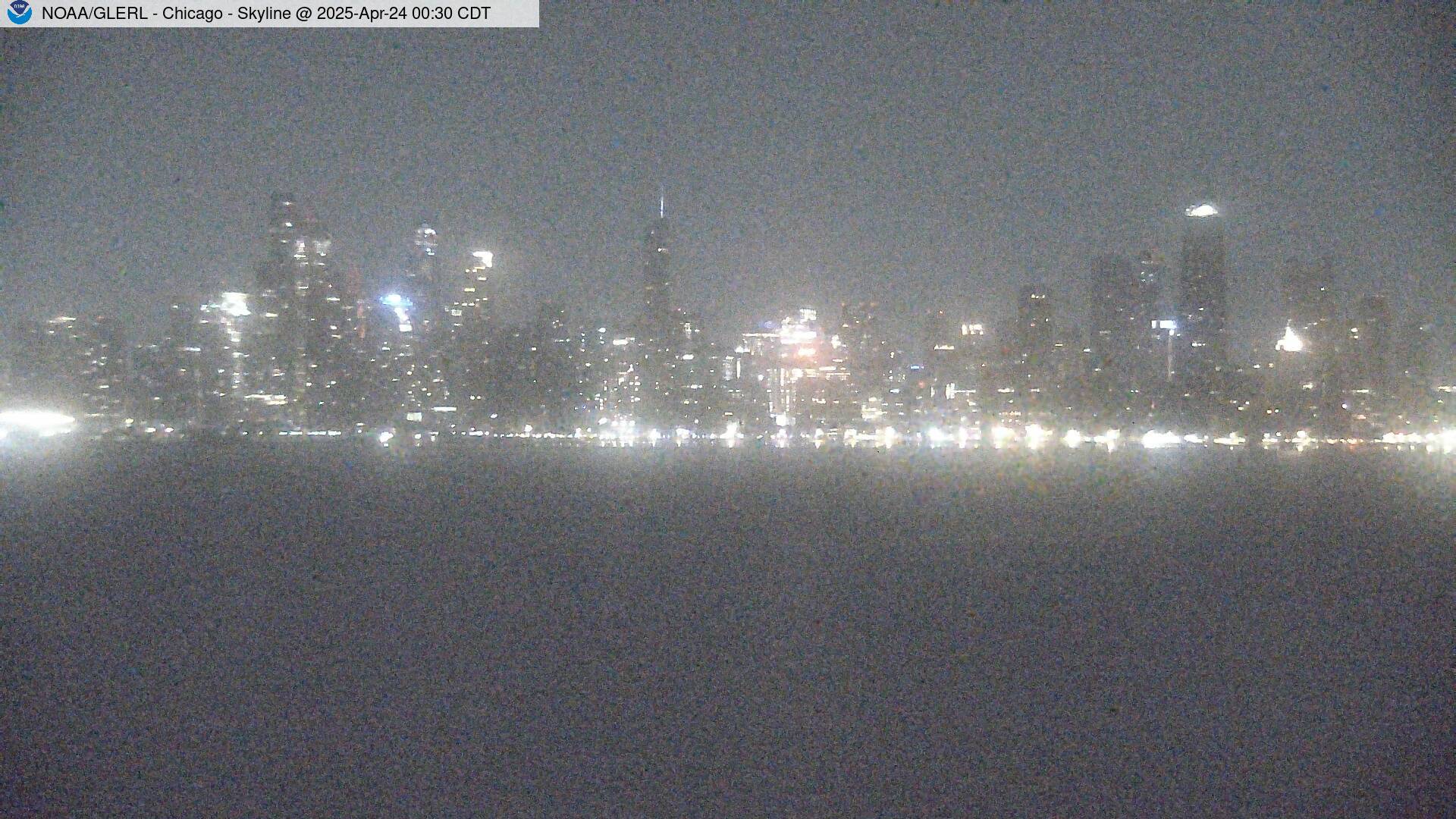











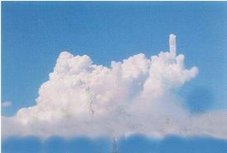
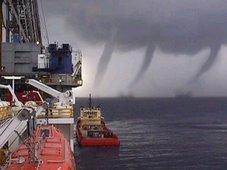
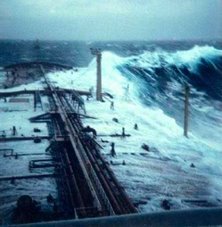
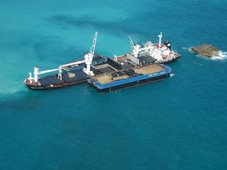
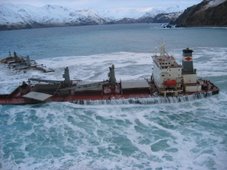
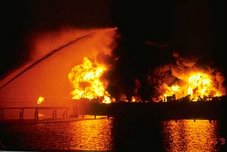
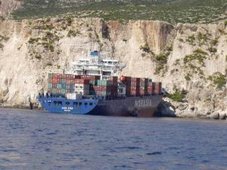
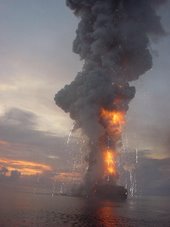



![Validate my RSS feed [Valid RSS]](valid-rss.png)